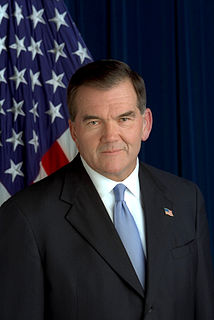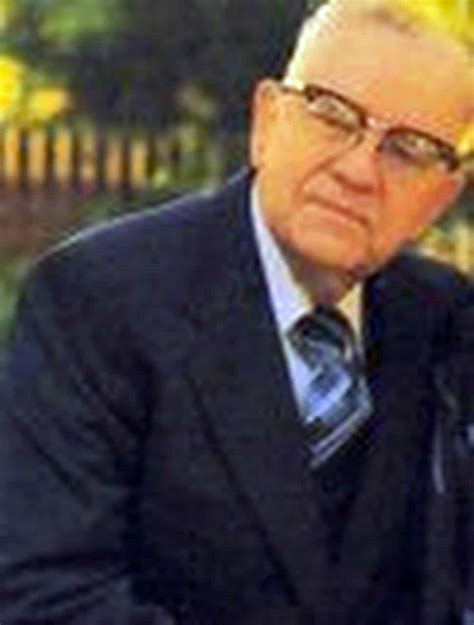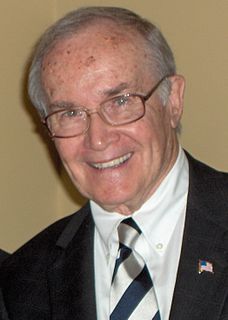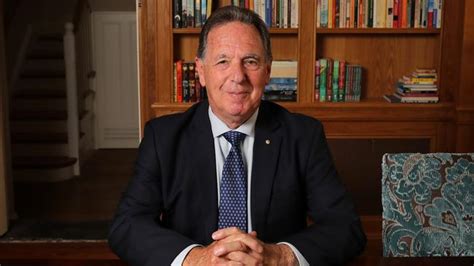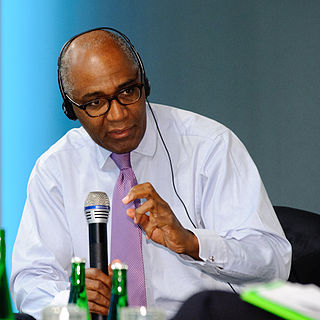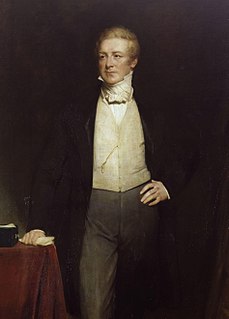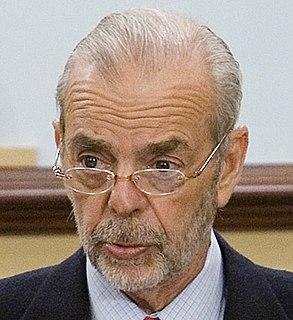Top 1200 Public Affairs Quotes & Sayings - Page 4
Explore popular Public Affairs quotes.
Last updated on November 18, 2024.
A democratic public forms when citizens gather together to deliberate and make public judgments about local and national issues that affect their lives. By associating together for public discussion, citizens learn the skills necessary for the health of a democratic public; listening persuading, arguing, compromising, and seeking common ground. When these skills are nurtured within the institutions of a democratic public, citizens educate themselves in order to make informed political decisions.
The programs supported by the International Affairs Budget are as essential to our national security as defense programs. Development and diplomacy protect our nation by addressing the root causes of terrorism and conflict. But it's not just about security. By building new markets overseas for American products, the International Affairs Budget creates jobs and boosts the economy here at home.
In the Bible, shalom means universal flourishing, wholeness, and delight--a rich state of affairs in which natural needs are satisfied and natural gifts fruitfully employed, a state of affairs that inspires joyful wonder as its Creator and Savior opens doors and welcomes the creatures in whom he delights. Shalom, in other words, is the way things ought to be.
The word 'idiot' comes from a Greek root meaning private person. Idiocy is the female defect: intent on their private lives, women follow their fate through a darkness deep as that cast by malformed cells in the brain. It is no worse than the male defect, which is lunacy: men are so obsessed by public affairs that they see the world as by moonlight, which shows the outlines of every object but not the details indicative of their nature.
Through the plan of prayer, God actually is inviting redeemed man into full partnership with Him; not in making the divine decisions, but in implementing those decisions in the affairs of humankind. Independently and of His own will, God makes the decisions governing the affairs of earth. The responsibility and authority for the enforcement and administration of those decisions, He has place upon the shoulders of the church.
We are continuously looking at the question of increasing the capacity of Home Affairs and that is why Home Affairs introduced mobile units, to be able to reach people. The matter of the establishment of the Social Security Agency was to deal with the matter of the more efficient distribution of these grants, the reductions in the levels of corruption and greater sensitivity. You are dealing with vulnerable people, like the elderly, who you needed to find a way of addressing, so that people don't have to be waiting in the sun in the queue, and so on.
To attach full confidence to an institution of this nature, it appears to be an essential ingredient in its structure, that it shall be under private and not a public direction-under the guidance of individual interest, not of public policy; which, would be . . . liable to being too much influenced by public necessity.
An Athenian citizen does not neglect his state because he takes care of his own household; even those of us who are engaged in business have a very fair idea of politics. We do not regard a man who takes no interest in public affairs as harmless. We do not say that such a man 'minds his own business'. Rather we say he has no business here at all.
I have known several persons of great fame for wisdom in public affairs and councils governed by foolish servants. I have known great ministers, distinguished for wit and learning, who preferred none but dunces. I have known men of valor cowards to their wives. I have known men of cunning perpetually cheated. I knew three ministers who would exactly compute and settle the accounts of a kingdom, wholly ignorant of their own economy.
Were the judgments of mankind correct, custom would be regulated by the good. But it is often far otherwise in point of fact; for, whatever the many are seen to do, forthwith obtains the force of custom. But human affairs have scarcely ever been so happily constituted as that the better course pleased the greater number. Hence the private vices of the multitude have generally resulted in public error, or rather that common consent in vice which these worthy men would have to be law.
I believe that the public temper is such that the voters of the land are prepared to support the party which gives the best promise of administering the government in the honest, simple, and plain manner which is consistent with its character and purposes. They have learned that mystery and concealment in the management of their affairs cover tricks and betrayal. The statesmanship they require consists in honesty and frugality, a prompt response to the needs of the people as they arise, and a vigilant protection of all their varied interests.
It is simple to follow the easy and familiar path of personal ambition and private gain. It is more comfortable to sit content in the easy approval of friends and of neighbours than to risk the friction and the controversy that comes with public affairs. It is easier to fall in step with the slogans of others than to march to the beat of the internal drummer - to make and stand on judgements of your own. And it far easier to accept and to stand on the past, than to fight for the answers of the future
It yet remains a problem to be solved in human affairs, whether any free government can be permanent, where the public worship of God, and the support of religion, constitute no part of the policy or duty of the state in any assignable shape. The future experience of Christendom, and chiefly of the American states, must settle this problem, as yet new in the history of the world, abundant, as it has been, in experiments in the theory of government.
Science is not sacrosanct. The mere fact that it exists, is admired, has results is not sufficient for making it a measure of excellence. Modern science arose from global objections against earlier views and rationalism itself, the idea that there are general rules and standards for conducting our affairs, affairs of knowledge included, arose from global objections to common sense.
Why doesn't anyone address the substantive question of why other states blatantly interfere in Israel's internal affairs? Israel does not meddle in the affairs of other states in a similar way, so why do other countries feel entitled to do this to Israel? These actions violate Israeli sovereignty and I expect European Union member states to act differently.
Each one of us must in the end choose for himself how far he would like to leave our collective fate to the wayward vagaries of popular assemblies For myself it would be most irksome to be ruled by a bevy of Platonic Guardians, even if I knew how to choose them, which I assuredly do not I should miss the stimulus of living in a society where I have, at least theoretically, some part in the direction of public affairs.
The bourgeois public sphere may be conceived above all as the sphere of private people come together as a public; they soon claimed the public sphere regulated from above against the public authorities themselves, to engage them in a debate over the general rules governing relations in the basically privatized but publicly relevant sphere of commodity exchange and social labor.
It is not necessary for the politician to be the slave of the public's group prejudices, if he can learn how to mold the mind of the voters in conformity with his own ideas of public welfare and public service. The important thing for the statesman of our age is not so much to know how to please the public, but to know how to sway the public. Those who manipulate this unseen mechanism of society constitute an invisible government which is the true ruling power of our country.
These Muslim Brotherhood fronts - the Council on American-Islamic Relations, the Muslim Public Affairs Council, the Islamic Society of North America - we need accountability for what these groups are doing and need to understand that in many ways they are as toxic and dangerous for America as are their violent counterparts, which have exactly the same goal that they do, which is imposing the Shariah doctrine on all of us.
As an example of just how useless these philosophers are for any practice in life there is Socrates himself, the one and only wise man, according to the Delphic Oracle. Whenever he tried to do anything in public he had to break off amid general laughter. While he was philosophizing about clouds and ideas, measuring a flea's foot and marveling at a midge's humming, he learned nothing about the affairs of ordinary life.
I think polling is important because it gives a voice to the people. It gives a quantitative, independent assessment of what the public feels as opposed to what experts or pundits think the public feels. So often it provides a quick corrective on what's thought to be the conventional wisdom about public opinion. There are any number of examples that I could give you about how wrong the experts are here in Washington, in New York and elsewhere about public opinion that are revealed by public opinion polls.
We must express the view, based on our empirical observations, that a substantial number of journalists are ignorant, lazy, opinionated, and intellectually dishonest. The profession is heavily cluttered with aged hacks toiling through a miasma of mounting decrepitude and often alcoholism, and even more so with arrogant and abrasive youngsters who substitute 'commitment' for insight. The product of their impassioned intervention in public affairs is more often confusion than lucidity.
Welfare policies never attain those - allegedly beneficial - ends which the government and the self-styled progressives who advocated them wanted to attain, but - on the contrary - bring about a state of affairs which - from the very point of view of the government and its supporters - is even more unsatisfactory than the previous state of affairs they wanted to 'improve.'
I am singing in an operatic voice for the public, to bring something more to Rock and Roll. Because in a Rock and Roll performance, the singer talks to the public whereas in Opera the singer only talks to a character, inside a story. The public sees this as a picture, I want to transport this picture into the room where the public is.
Action is the activity of the rational soul, which abhors irrationality and must combat it or be corrupted by it. When it sees the irrationality of others, it must seek to correct it, and can do this either by teaching or engaging in public affairs itself, correcting through its practice. And the purpose of action is to enable philosophy to continue, for if men are reduced to the material alone, they become no more than beasts.
Science is the search for the truth--it is not a game in which one tries to beat his opponent, to do harm to others. We need to have the spirit of science in international affairs, to make the conduct of international affairs the effort to find the right solution, the just solution of international problems, and not an effort by each nation to get the better of other nations, to do harm to them when it is possible. I believe in morality, in justice, in humanitarianism.
If we insist that public life be reserved for those whose personal history is pristine, we are not going to get paragons of virtue running our affairs. We will get the very rich, who contract out the messy things in life the very dull, who have nothing to hide and nothing to show and the very devious, expert at covering their tracks and ambitious enough to risk their discovery.



